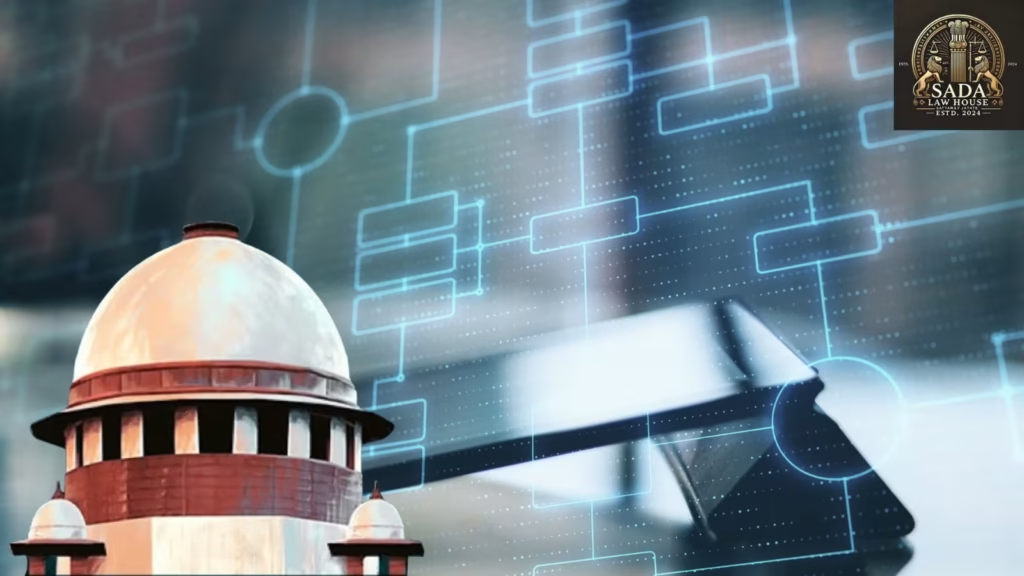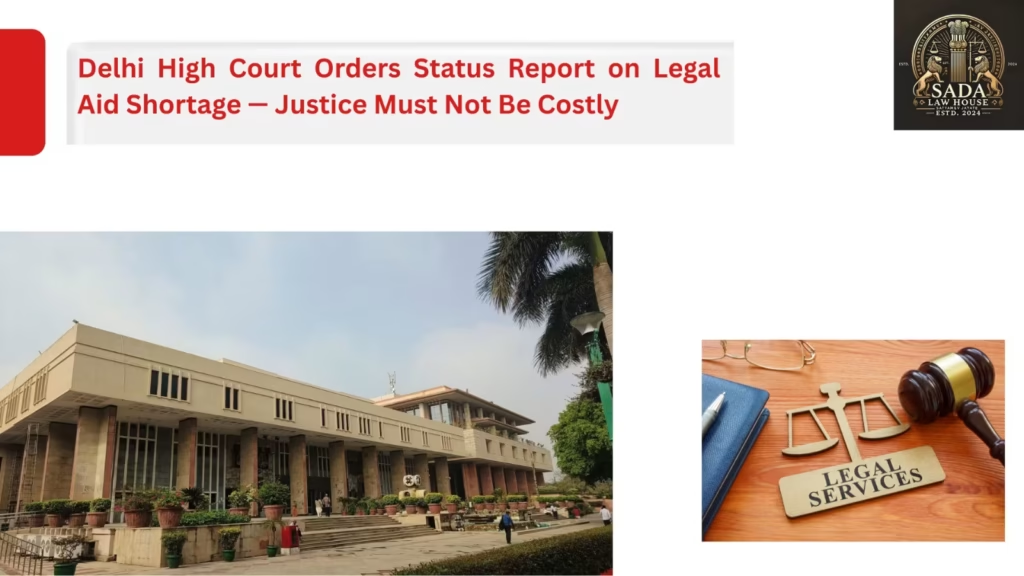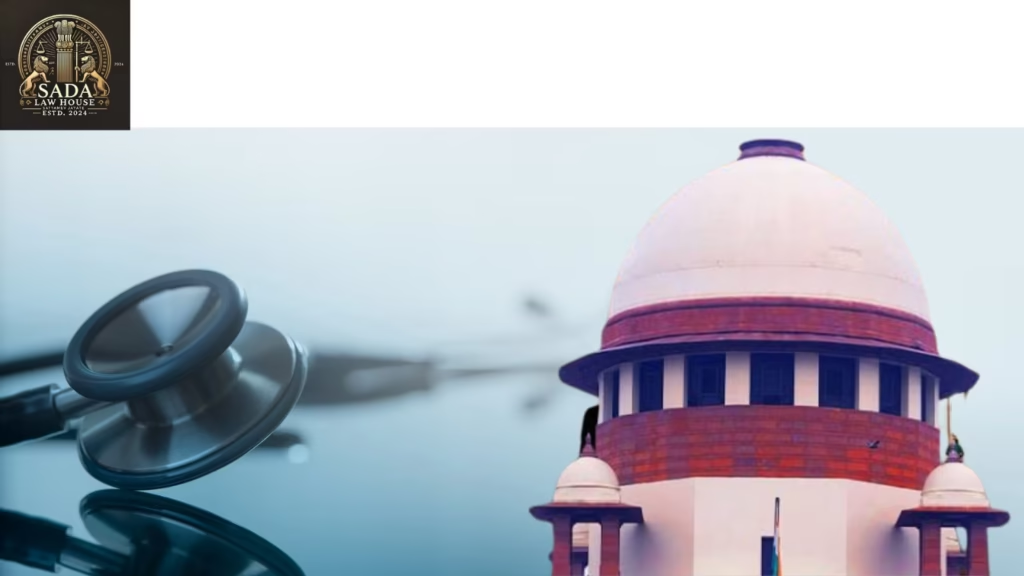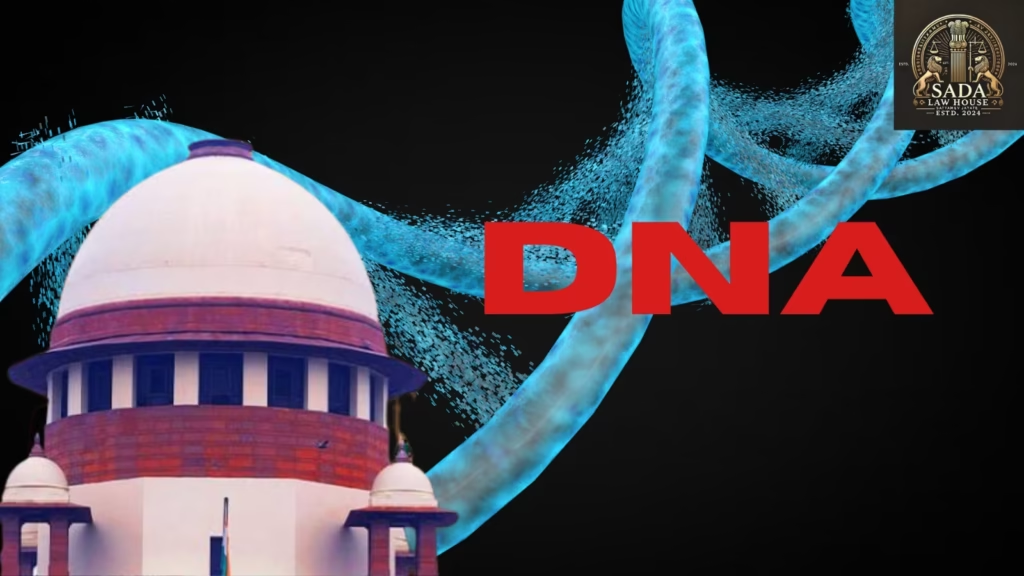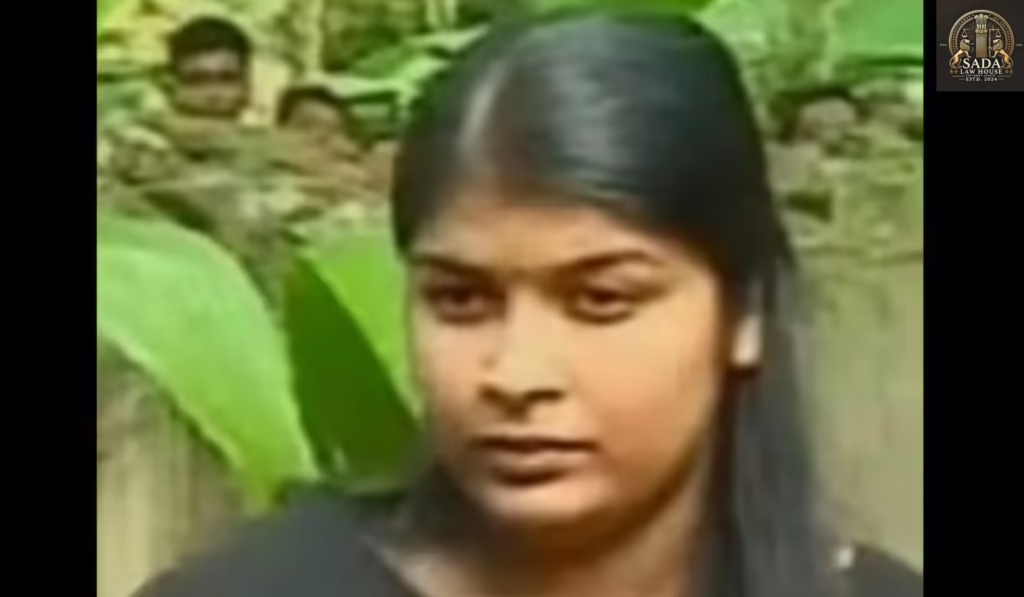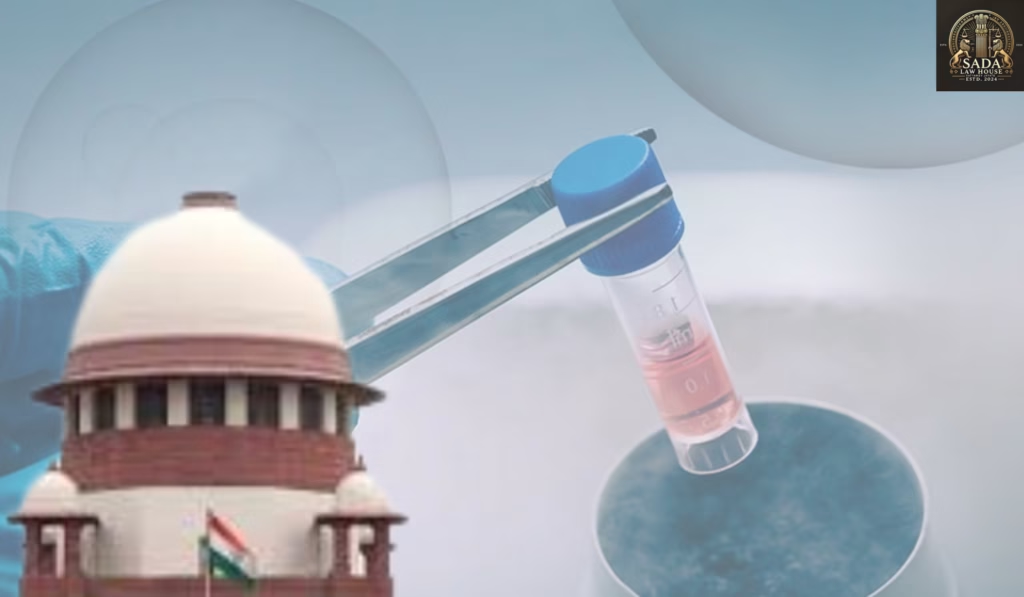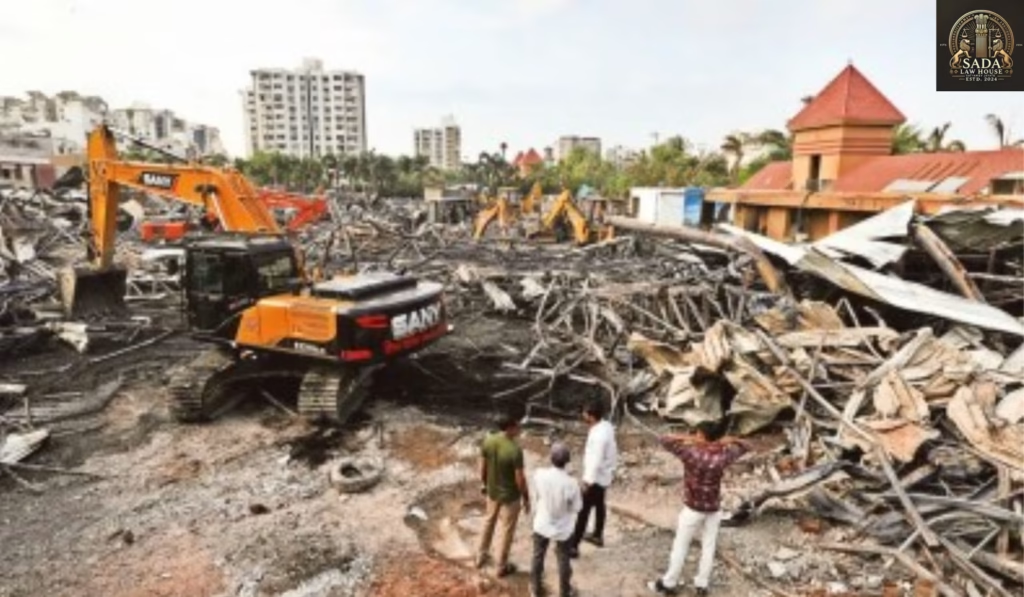Supreme Court Questions Centre on Algorithmic Policing and AI Bias: A Step Toward Digital Rights Reform
Trending Today Supreme Court Questions Centre on Algorithmic Policing and AI Bias: A Step Toward Digital Rights Reform LEGAL INTERNSHIP OPPORTUNITY AT BOBBLE AI INTERNSHIP OPPORTUNITY AT SETTLEMENTOFLOAN LEGAL JOB OPPORTUNITY AT BP, PUNE LEGAL INTERNSHIP OPPORTUNITY AT HYPERVERGE, BENGALURU LEGAL JOB OPPORTUNITY AT INSOLVENCY AND BANKRUPTCY BOARD OF INDIA Delhi High Court Orders Status Report on Legal Aid Shortage — Justice Must Not Be Costly Supreme Court Pulls Up Centre and States Over Faulty Public Health Infrastructure — A Wake-Up Call for Healthcare Accountability Supreme Court Seeks Update on National DNA Data Bank Compliance — A Turning Point for Forensic Justice LEGAL INTERNSHIP OPPORTUNITY AT ABHINAV BHATIA & ASSOCIATES Supreme Court Questions Centre on Algorithmic Policing and AI Bias: A Step Toward Digital Rights Reform Kashish Jahan 30 JULY 2025 The Supreme Court of India has asked the Centre to clarify its strategy on algorithmic policing, facial recognition, and AI-based surveillance, citing concerns over privacy, constitutional rights, and lack of oversight in law enforcement. Supreme Court Flags Dangers of Unregulated AI Surveillance On 26 July 2025, the Supreme Court of India agreed to hear a Public Interest Litigation (PIL) seeking regulation of AI-driven law enforcement tools. These include predictive policing algorithms, facial recognition systems, and other crime-mapping software used by police departments. A Bench led by Justice Kavya Nair emphasized that such technologies—if left unchecked—could undermine fundamental rights under Article 21 (Right to Life and Personal Liberty) and Article 14 (Right to Equality). Facial Recognition and the Risk to Privacy The petition brings attention to instances where facial recognition technology misidentified individuals in public areas, resulting in wrongful suspicion or arrest. These errors expose citizens to serious consequences without transparency, oversight, or legal redress, especially when algorithms operate in secrecy. “No Due Process for AI,” Says Justice Nair Justice Kavya Nair remarked that algorithmic systems are becoming de facto law enforcement tools, but there is currently no legal framework to guide their use. The Court emphasized the importance of: Implementing bias audits to detect and prevent algorithmic discrimination Maintaining human oversight in automated decision-making Preserving constitutional safeguards at all stages of AI deployment Centre and States Asked to Respond The Court has issued notices to the Ministry of Home Affairs, the Ministry of Electronics and Information Technology, and several State Police Departments. They have been asked to submit responses within four weeks detailing: Existing policies for AI use in policing Data protection protocols Mechanisms for public accountability and oversight A Step Toward Ethical AI in Law Enforcement This PIL could set the stage for a national framework on the ethical use of artificial intelligence in criminal justice. If the Court insists on enforceable safeguards, India may become a global leader in balancing public safety with digital rights, privacy, and individual dignity in a modern democracy. Conclusion: The Need for AI Regulation in Policing As AI tools continue to influence policing in India, clear guidelines and legal standards are essential. Without them, technology risks replacing justice with automation. The Court’s proactive stance could ensure that innovation does not come at the cost of civil liberties. Leave a Reply Cancel Reply Logged in as Sadalaw. Edit your profile. Log out? Required fields are marked * Message* Live Cases Supreme Court Questions Centre on Algorithmic Policing and AI Bias: A Step Toward Digital Rights Reform Sadalaw • July 30, 2025 • Live cases • No Comments Delhi High Court Orders Status Report on Legal Aid Shortage — Justice Must Not Be Costly Sadalaw • July 29, 2025 • Live cases • No Comments Supreme Court Pulls Up Centre and States Over Faulty Public Health Infrastructure — A Wake-Up Call for Healthcare Accountability Sadalaw • July 29, 2025 • Live cases • No Comments 1 2 3 … 5 Next »

